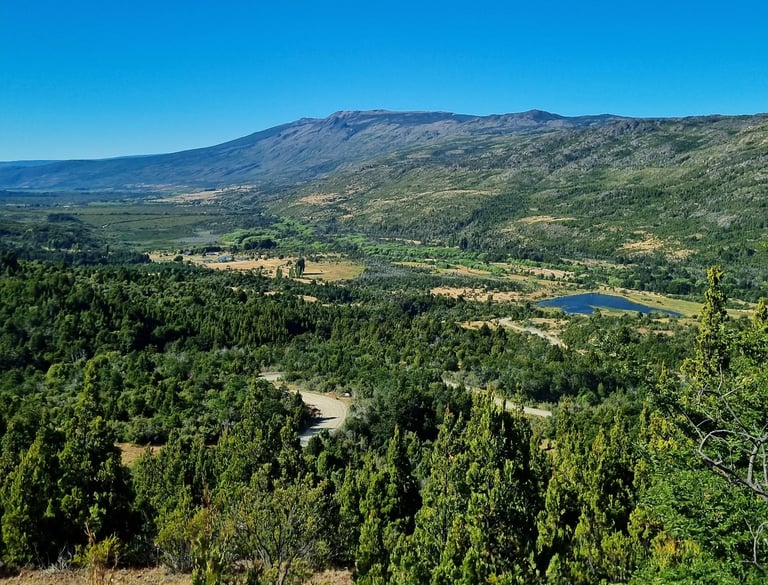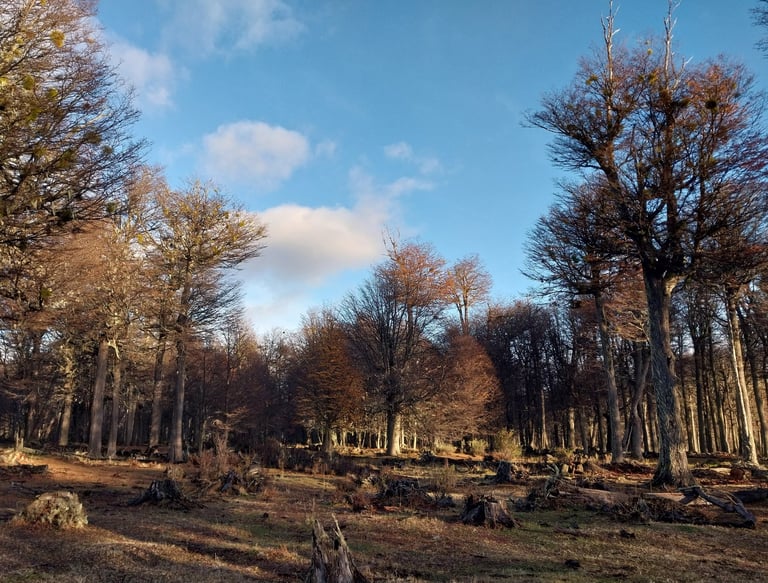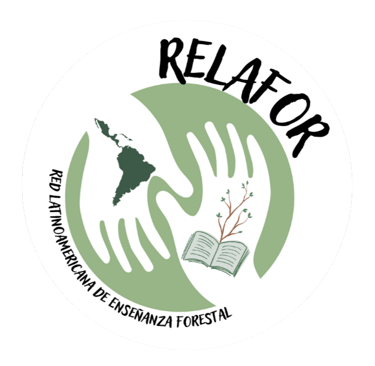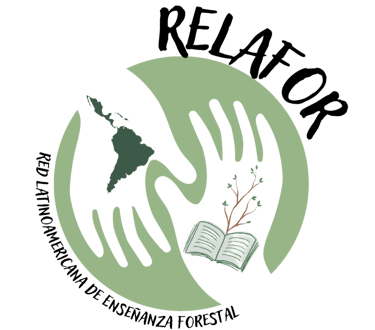Institutional information
Presentation
The Latin American Forestry Education Network (RELAFOR) was initially established in 2008, when the First Workshop on Forestry Education in Latin America was held within the framework of the IV Latin American Forestry Congress held in the city of Mérida, Venezuela.
On that occasion, this important initiative established a series of important agreements, among them to promote academic mobility in the region, implement inter-institutional degrees and postgraduate courses, generate shared curricular strategies, promote collaboration to consolidate forestry education institutions, promote the creation of a permanent communication system among participating institutions, establish a plan to strengthen research and technology transfer, as well as relations with similar networks in the world.
This constituent agreement was signed by representatives of 27 forestry education institutions from 14 countries, as follows: Mexico, Guatemala, Honduras, Costa Rica, Cuba, Colombia, Venezuela, Brazil, Bolivia, Paraguay, Peru, Ecuador, Chile and Argentina.
Two further workshops were held, one in 2009 at the Faculty of Agricultural and Forestry Sciences of the University of La Plata, Argentina, and the last one in 2011 at the Agrarian University of La Molina, Peru, in connection with the V Latin American Forestry Congress. It was at the latter that the Statutes of RELAFOR were drafted and the central themes were considered to be those of a basic curriculum in the Latin American region and the corporate internationalisation of forestry education and research, the development of equivalence and accreditation mechanisms for programmes and courses, and the design of strategies for technical-academic exchange.
In this last Workshop there was an invocation to the members to be more active with the agreed tasks, something that did not find, for various reasons, the intended echo and meant that RELAFOR's activity did not achieve the intended continuity.
In the framework of the VIII Latin American Forestry Congress and V Argentine Forestry Congress held in the city of Mendoza, Argentina, at the end of March 2023, professionals from this country, Mexico, Peru and Colombia agreed on the need to reactivate this Network. On that occasion, the Coordinator of the Forestry Education Working Group of the International Union of Forest Research Organisations (IUFRO) enthusiastically supported the initiative.


Objectives
To consolidate RELAFOR in Latin America through concrete actions.
To establish RELAFOR as a reference point for university forestry education in Latin America.
Actions
In relation to the first objective, the actions being taken are as follows:
Provide a minimum operational structure for RELAFOR with a steering committee and some essential offices, such as Communications, Inter-institutional Relations, Technical and Fund Management.
Establish contact with forestry organisations that have teaching chapters in their structure.
Plan the preparation of documents and the teams to write them, so that the Network starts to contribute its own production in different regional and global discussion forums and also to share them at the national level.
With regard to the second objective, the actions foreseen for the second and third year of operation are, interalia, those detailed below:
Design programmes for active liaison with graduates.
These programmes, in their origin, must contain the tools to locate, make contact with and investigate the present of each graduate. On this basis, the idea is to imagine and collaboratively build initiatives that enable willing graduates to interact openly. This interaction could make it possible to set up job exchanges, design very powerful course programmes on various problems in the sector with the participation of the protagonists themselves, make offers for internships and professional practices, prepare joint research, extension and development projects not only for productive, but also social, cultural and environmental areas, in many cases with funding that, although partial, could come from the graduate's own place of work, among many other possible fields of cooperation.
Organise modalities for facilitating the mobility of teachers and students.
This task requires a concerted effort that requires the identification of funding mechanisms. However, we should think that it has to be a standard, i.e. the natural thing should be that there should be mobility of both students and teachers and that it should be very dynamic. If the Network can play an important role in this framework, it would be one of the initiatives that would allow it to strengthen and acquire relevance in the region.
Organise events such as congresses, workshops, symposia, among others, which are our own or co-organised with other regional or global networks or institutions.
This action will become almost indispensable in the medium term and will be one that will ‘fall under its own weight’ as the Network's activities gain relevance and impact in the regional space.





